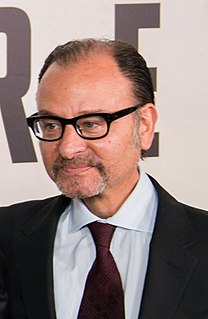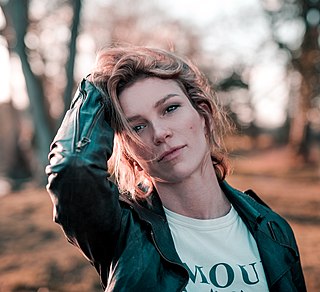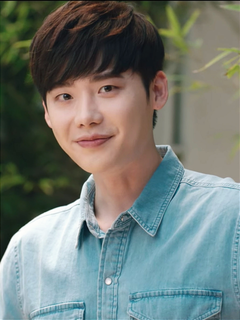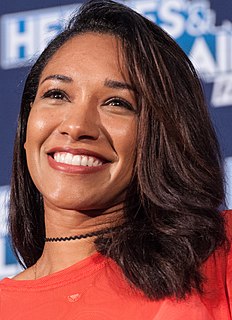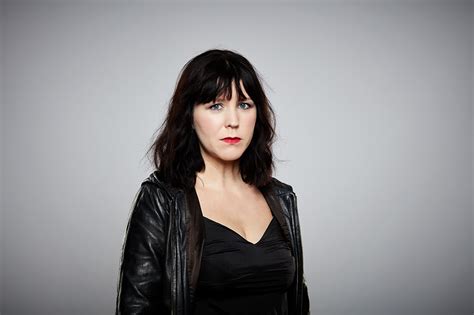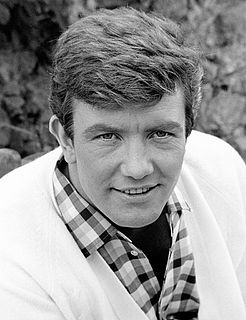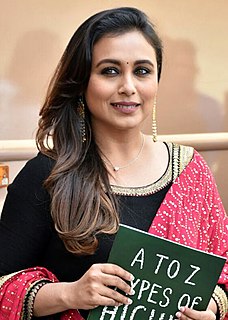A Quote by Kenneth Lonergan
I don't think fast enough on my feet in terms of the writing to change the script too much when I'm shooting it. I like to have it set and done and know that I feel good about it and I might add a few lines here and there while we're shooting, if I think of a new joke, I might toss it in, but for the most part, I try to stick to the written script and have all the latitude exist within that.
Related Quotes
In terms of how I work with actors, having worked so heavily on the script I have a very clear idea of the characters; they are reasonably well illustrated in the script. If you cast it right, to a great degree you can hand it over to the actor and I just make suggestions. I'm not the kind of director who needs or wants to get into too much finessing. Ideally, when you hit the set, you have this conversation, like, 'eh, what did you think?' 'I don't know, what did you think?' 'Why don't we just try it again, make a few physical changes.'
When you try to be true to the script, changes occur. A script is there to show us a certain direction. But when you actually have the actors in and you start shooting the movie, you have the actor say a line and it doesn't sound right so you change it and make it different. It's the script that gives birth to these changes and the more you try to stay true to the script, the more that happens.
An eye-opening moment in my life, a very defining moment, was the first time I met Susan Sarandon [before shooting Thelma & Louise]. We were going to meet, just Ridley [Scott] and Susan and I, to go through the script and see if we had any thoughts or ideas. I was reading the script, and in the most girly way possible, meaning that if it was a line that could change or something different I'd like to see, I would think about each one and say, "Well, this one can wait till the set because I don't want to bring up too many things."
We played around and improvised a ton [in The Hangover], and I think it's hard to say at this point what's what. Gosh, I wouldn't even know how to take a stab at it. The script was so good that we really didn't need to improvise very much, but I think we just found a lot of moments on the set. It's really cool when you get onto the set of a movie and you start shooting the scenes and you start to actually incorporate the environment.
I learn my lines in a few different ways. A lot of my dialogue sticks with me in a general sort of way when I read the entire script for the first or second time. Then, when I get the shooting schedule, I have a better idea of what scenes are shooting when. I then will focus on those that are coming up first.
I think the most important thing is to, without belligerence, stand up for what want. Argue compellingly if someone tries to change your script. Yeah, legally they can if they want to. But rather than give up, as some of the writers do, and just wail about how your script got rewritten, it's much more difficult - but well within the realm of possibility - to argue very sincerely, calmly, and reasonably from your point of view, such that the director or the producer might decide, "All right, let's do it that way."
But I think writing should be a bit of a struggle. We're not writing things that are going to change the world in big ways. We're writing things that might make people think about people a little bit, but we're not that important. I think a lot of writers think we are incredibly important. I don't feel like that about my fiction. I feel like it's quite a selfish thing at heart. I want to tell a story. I want someone to listen to me. And I love that, but I don't think I deserve the moon on a stick because I do that.

